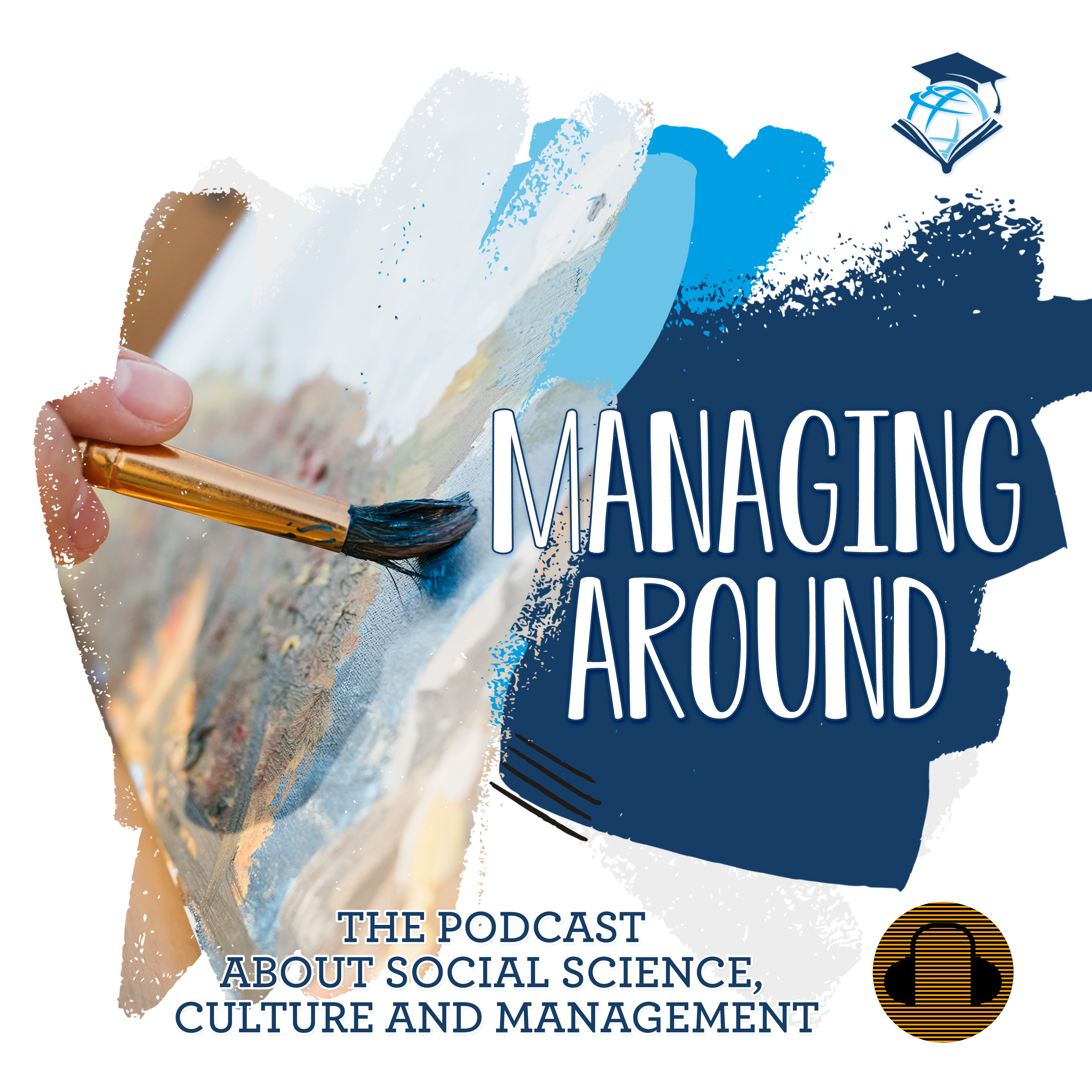In this episode, we’ll unpack phenomenography, how it can be applied to social management research, and its implications for future social and management sciences.
Have you ever wondered what separates the best from the rest in the world of management? What if I told you there's a secret tool that has transformed how we understand leadership, innovation, and organisational development? – The magic is simply the Critical Incident Technique or CIT.
We are drawing inspiration from Paul Bate's seminal work, "Strategies for Cultural Change," in which he challenges traditional views of organisational culture.
In today's insightful episode of Managing Around, we delve into an innovative Design-based Research project conducted at the University of Applied Sciences in Dresden.
In this episode, we will embark on a journey to let you understand what systematic reviews are and how you could use this extraordinary tool to capture an aerial photo from your research.
The study underscored the importance of formative feedback, the potential of design-based teaching, and the profound impact of 'Critical Learning Incidents' on a student's journey.
Coaching is a powerful tool that can help social workers develop skills, improve performance, and achieve goals.
Coaching is a powerful tool that can help social workers develop skills, improve performance, and achieve goals.
We will follow four questions to get a bit more familiar with this concept: What is the Scholarship of Teaching and Learning?, What steps are to be taken in the research process, and what principles are to be followed?, What are the requirements for doing SoTL?, What Benefits do scholars have from engaging in SoTL?
